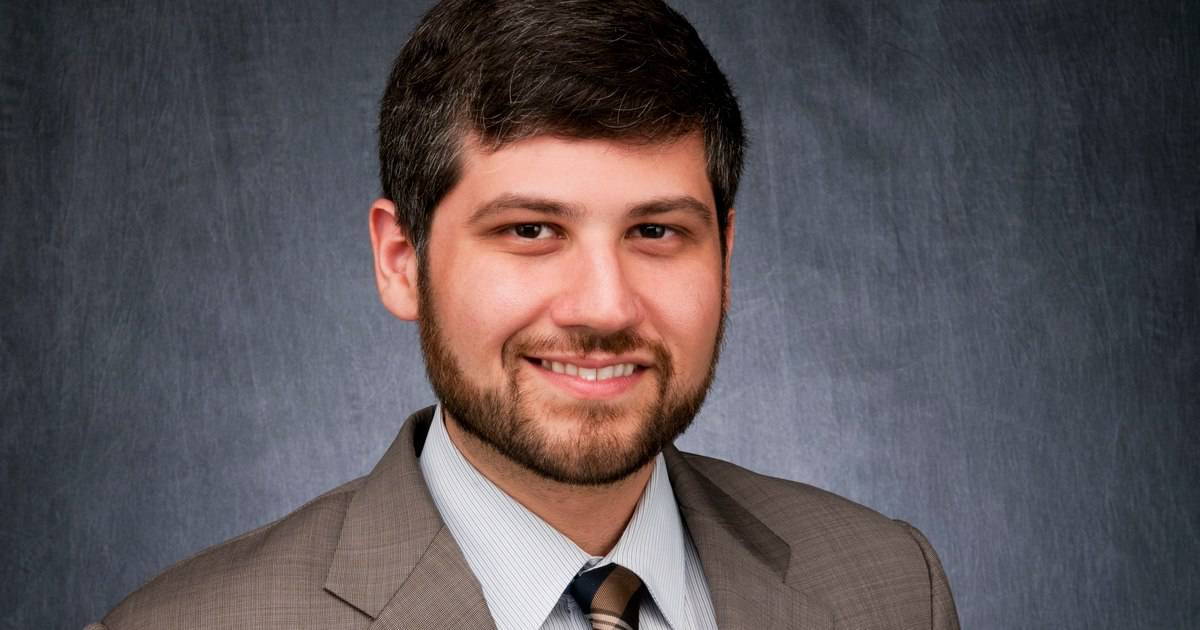Introduction
When you’ve faced down mafia dons, fought with energy companies, and led investigations into nuclear weapons, it can be hard to find a new challenge. But if he was looking for one, John F. Sopko seems to have found it.
This week, the Obama administration announced that the veteran investigator is their pick for the vacant position of Special Inspector General for Afghanistan Reconstruction (SIGAR), a key watchdog role as the U.S. draws down its forces in the country after over a decade of conflict.
Sopko’s selection fills just one of the government’s ten vacant inspector general jobs, according to the non-profit watchdog Project on Government Oversight (POGO), which supports his pick. The Department of State has gone almost 1,600 days without leadership, the most of any department. The Obama administration’s slow pace in filling the jobs has been the source of contentious hearings by the Republican controlled House.
When Sopko starts work — unlike most IG positions, SIGAR does not need Senate confirmation — he will have his hands full. Waste, fraud and corruption in U.S. operations in Afghanistan have been persistent challenges. In 2011 a government watchdog estimated that one-sixth of the nearly $100 billion spent by Washington in Afghanistan since 2002 was wasted.
Last month, in SIGAR’s quarterly report to Congress, the office highlighted the continuing threat posed by corruption and questioned whether Afghan forces can provide enough security for ongoing U.S. funded construction. “Afghan reconstruction has reached a critical turning point,” acting IG Steven J. Trent wrote in the report. “The shift in strategy, decline in funding, and persistent violence and corruption underscore the need for aggressive oversight.”
Trent has been the acting IG since September of 2011, meaning that the job has been empty for 475 days.
Sopko has investigated crime and corruption for years, on and off the Hill. He started his career as a prosecutor in Ohio, where his most high-profile case involved being lead prosecutor against the Licavoli mob organization. He spent most of the 80’s and 90’s as deputy chief counsel at the Senate Permanent Subcommittee on Investigations, an entity with standing subpoena authority that gives it great power. While there he led a number of investigations, including a look at waste and abuse at the DC-area Blue Cross-Blue Shield. He helped disclose that executives burned through cash on luxurious travel while driving the company into a financial hole. The committee also monitored the proliferation of nuclear weapons and investigated alleged abuses by labor unions.
In 1997 he moved to the Department of Commerce, where he conducted other investigations. Then in 2004 Sopko became the Democrat’s General Counsel and Chief Oversight Counsel for the House Select Committee on Homeland Security. He subsequently became Manager for the Operations Division of what was then-called the Homeland Security Institute, an independent organization federally chartered to study and improve operations at DHS.(After a 2009 contract renewal, the group was re-branded as the “Homeland Security Studies and Analysis Institute.”)
When the Democrats took over the House, Sopko was invited by Rep. John Dingell (D-Mich.) to come back to the Hill, this time as chief counsel for oversight and investigations for the House Energy and Commerce committee — one of the chief watchdogs for the energy industry and government agencies as varied as the Food and Drug Administration and the Department of Commerce. In 2009 he left to join lobbying firm Akin Gump Strauss Hauer & Field, where he has been ever since. (A search of lobbying disclosure records turned up nothing under Sopko’s name.)
The importance of good IG’s was something acknowledged by Sopko in a 2009 editorial. The previous IG for SIGAR, Arnold Fields, resigned in early 2011 under bipartisan pressure over his job performance.
“This vacancy was among the most important positions to fill, and they have found an excellent person for the job,” Danielle Brian, POGO’s Executive Director, said in a statement. “We look forward to seeing serious oversight of the tens of billions of dollars being spent on Afghanistan reconstruction” in coming years.
Through a White House spokesman, Sopko decline to comment for this article.
Updated 6/6/12 to correct the title of the Homeland Security Institute
Read more in National Security
Up in Arms
Vacuum cleaner sucks $440 million from Navy
National Security
Are nuclear weapons contractors’ millions in campaign contributions buying favors?
A sizable flow of cash and well-connected lobbyists bolster congressional support for the US nuclear arsenal

Join the conversation
Show Comments